History Subject Leader: Mrs Cramer
History helps our pupils to appreciate the complexity and diversity of human societies and development. Pupils are given the opportunity to look back at human experiences across time and place, to fully understand their place in the world; exploring rights and wrongs, morals and ethics.
For any more information on Horton Kirby’s History Curriculum, please contact the office.
Intent
At Horton Kirby, we aim for a high quality, aspirational history curriculum which should inspire in pupils a curiousity and fascination about Britain’s past and that of the diverse wider world. Our teaching equips pupils with the following:
- knowledge about the history of Britain and how it has influenced and been influenced by the wider world
- knowledge and understanding about significant aspects of the world like ancient civilisations and empires
- information about changes in living memory and beyond living memory
- Opportunities to learn about the lives of significant events and people of the past
- An understanding of the methods of historical enquiry, like evaluating sources of evidence and understanding the influence of major events and significant historical figures on the present day.
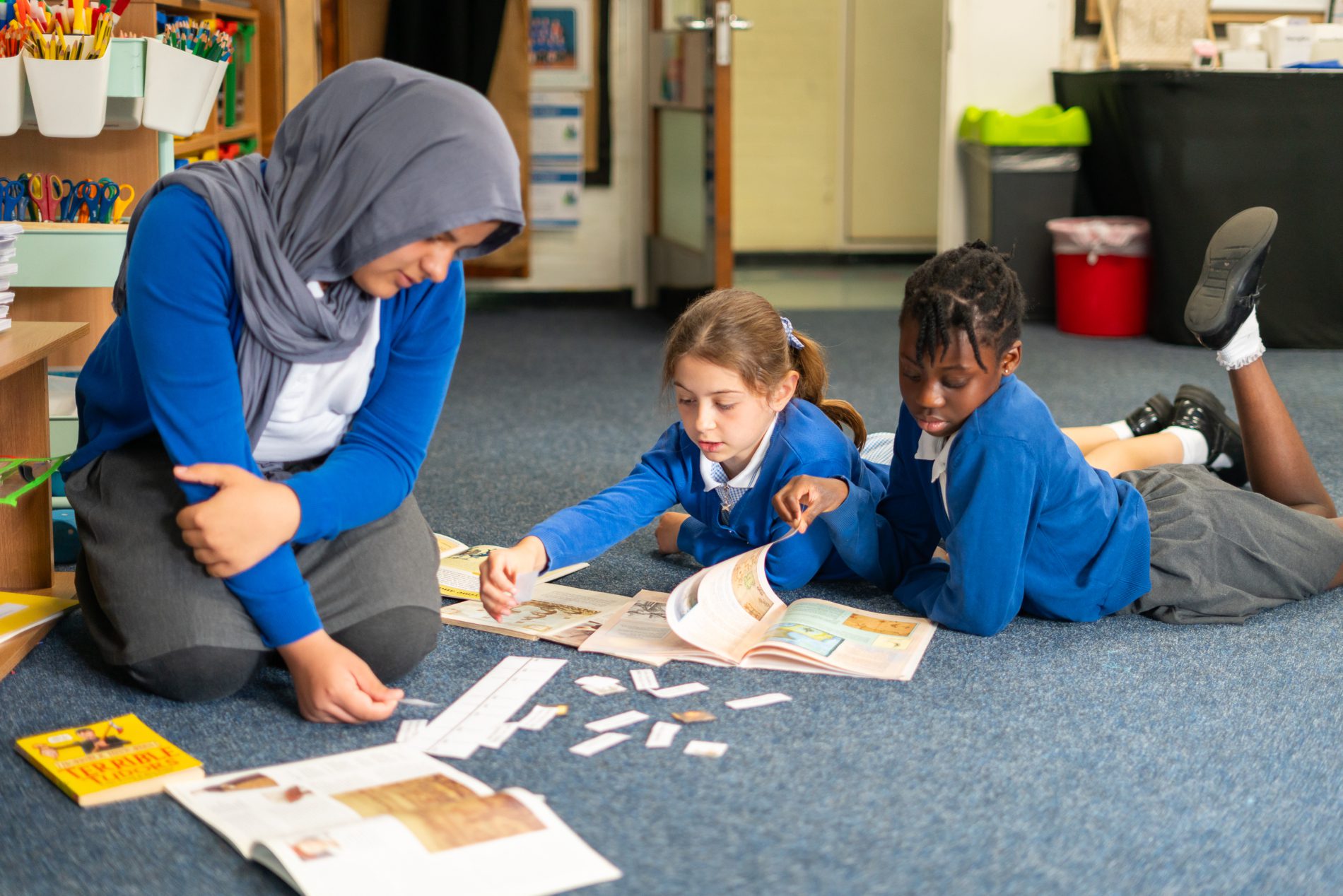
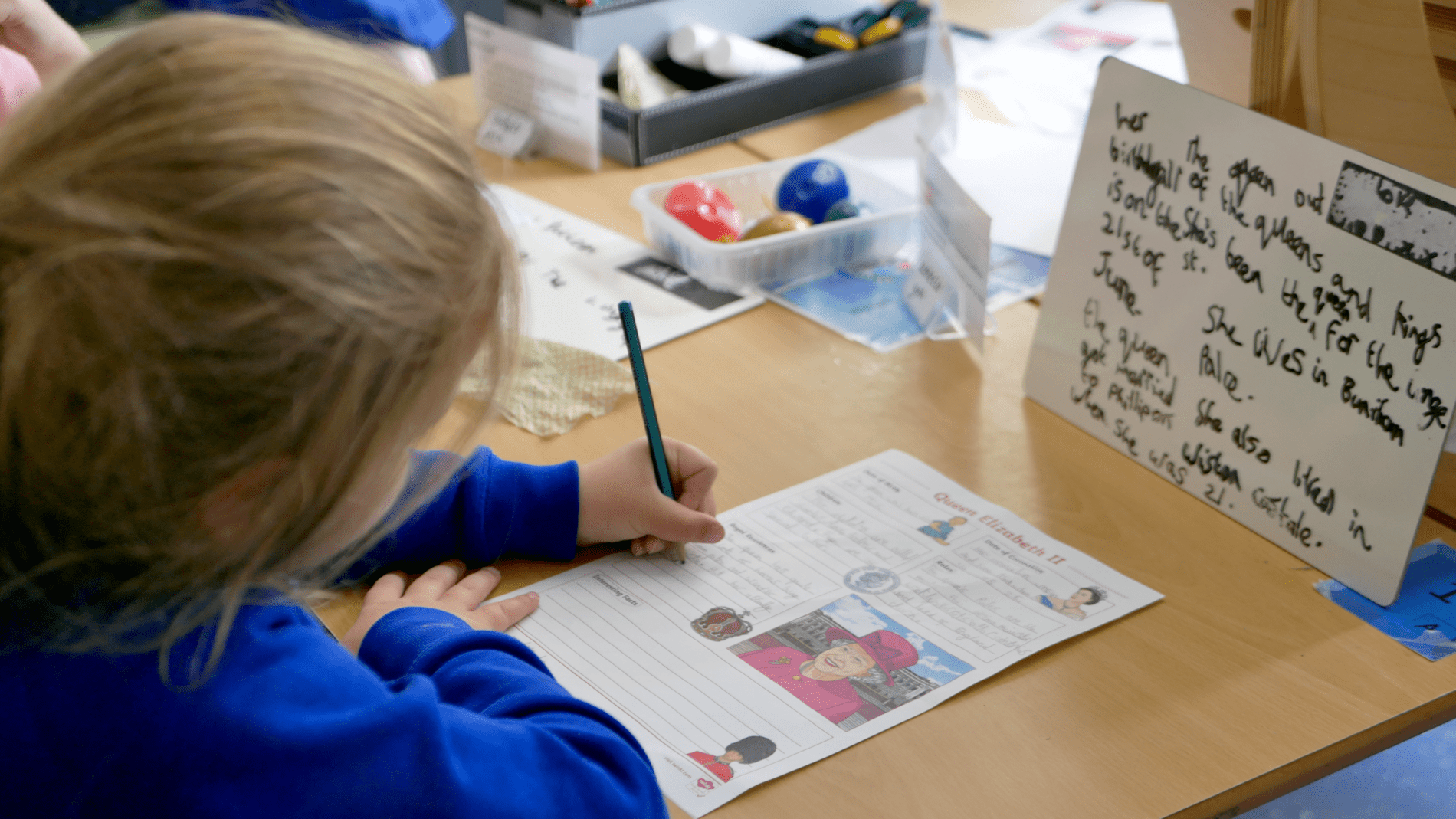
Implementation
In ensuring high standards of teaching and learning in history, we implement a curriculum where skills progress as children move up the school with opportunities to re-visit key skills from the National Curriculum.
Children develop an understanding of the influence of key events and learn about a diverse range of historical figures. We give children many opportunities to become historians by looking at artefacts and sources of evidence, in order to develop a deep curiosity about the past and compare it to their current lives. Field Trips to the local environmental centre, and ‘Living History’ Workshops enable children to ‘experience’ life in the past by using historical tools, re-enacting events and taking part in historical cultural practices through song and dance. A range of historical themes are taught and re-visited to build on learning and embed long term memory.
Impact
The impact of our history curriculum is that children at Horton Kirby are equipped with historical skills and knowledge alongside a sense of curiosity to discover more that will enable them to be ready for the curriculum at Key Stage 3 and for life as an adult in the wider world. SEND, disadvantaged and gifted children are given the required additional support or challenge within history lessons to access all National Curriculum objectives to their full ability. Children learn about a diverse range of historical cultures and their influence on the modern world – they can talk confidently about their learning, using historical vocabulary and displaying long term memory, making links with learning and finding historical themes.
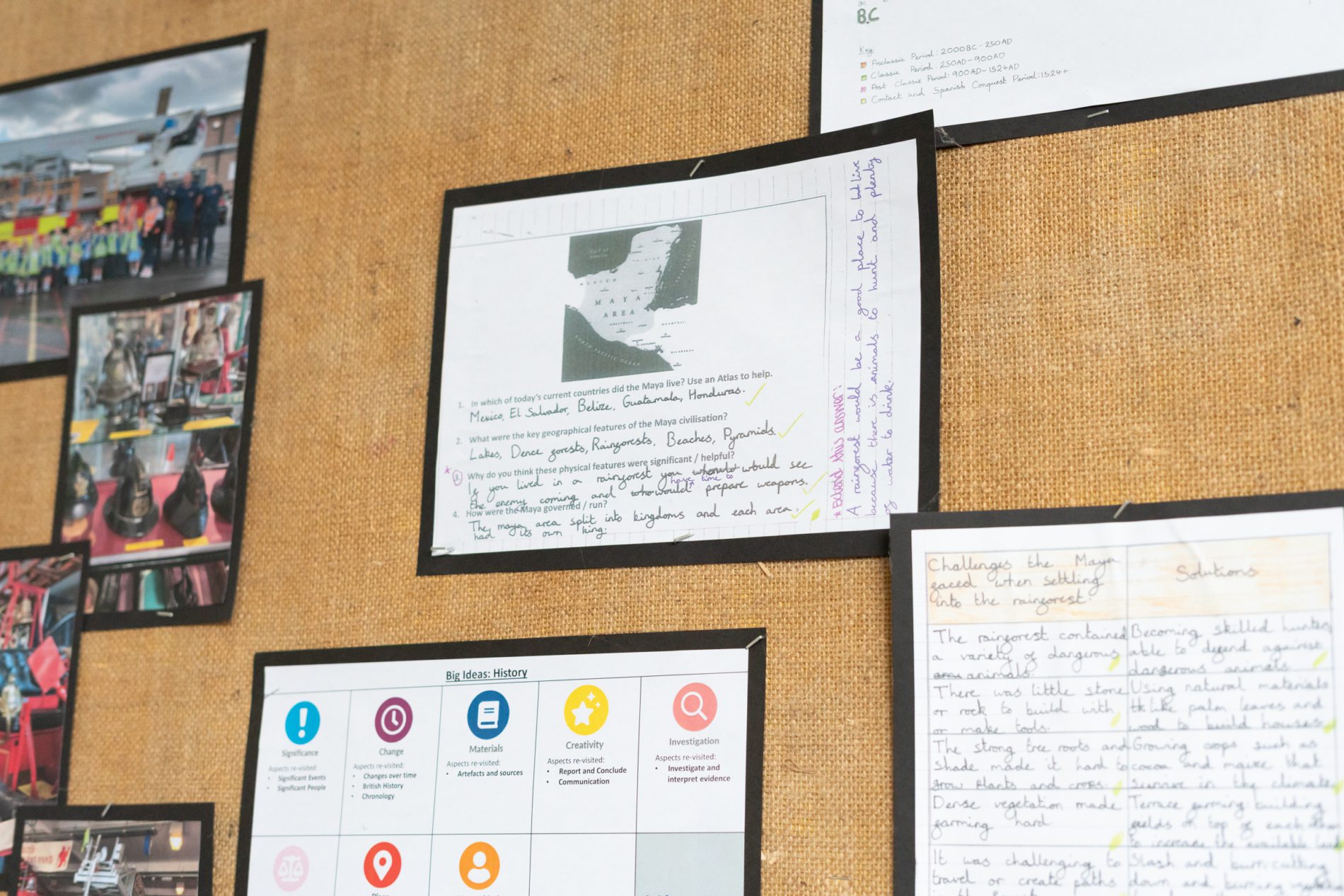
History in Each Stage
Click the link below to view our EYFS long-term plans:
In KS1, pupils will be able to describe the similarities and differences between the past and present. Pupils will be able to confidently order significant historical events and recall dates of important celebrations and festivals.
Click the link below to view our year 1 and year 2 long-term plans:
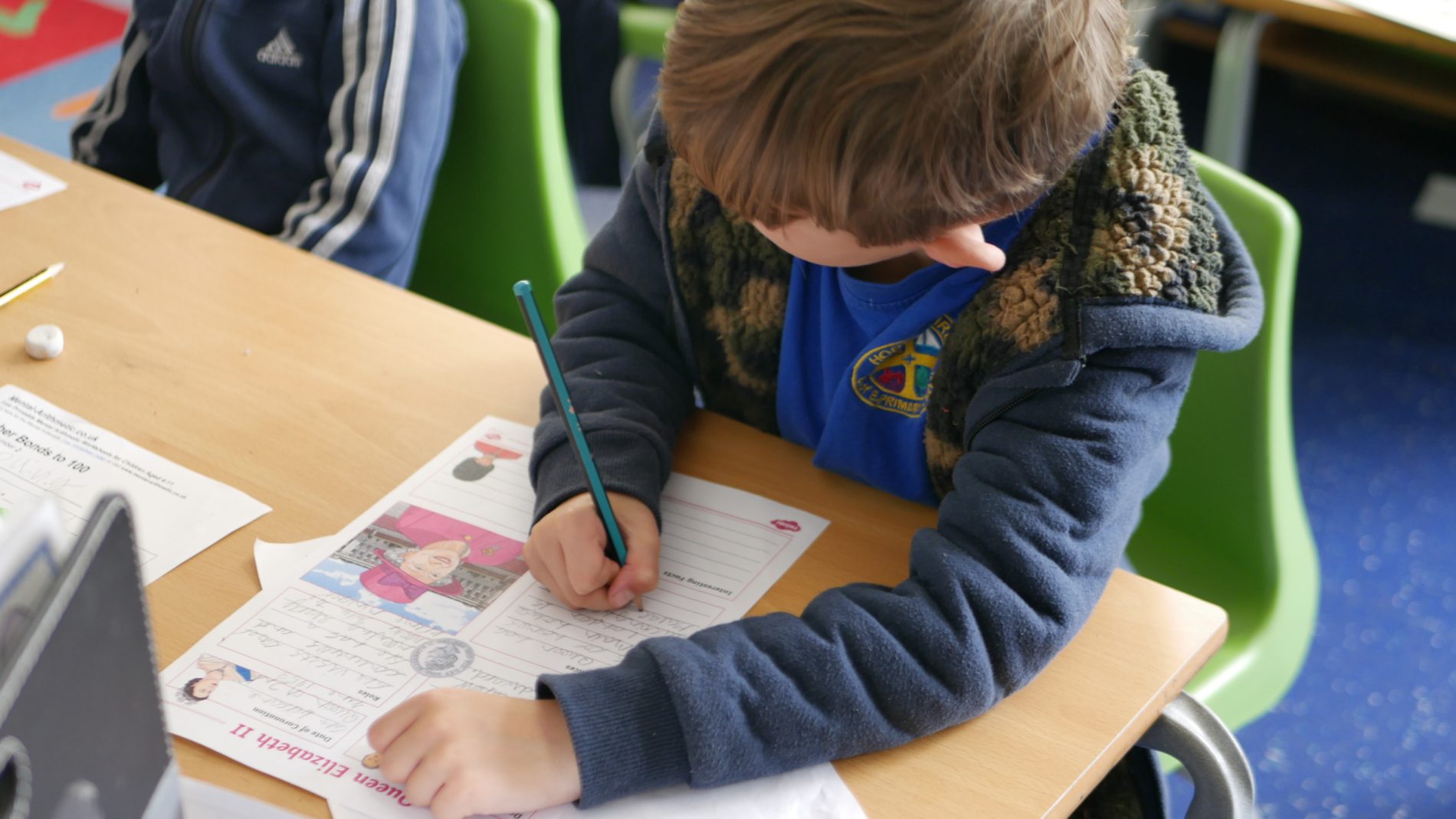
Pupils in KS2 will be able to make connections between historical periods, describe how significant events have influenced the world and explain the cause and consequences of people who were in power during specific eras.
Click the link below to view our year 3 – 4 long-term plan, and year 5 – 6 long-term plan:
Year 3 Curriculum Year Overview
Year 4 Curriculum Year Overview
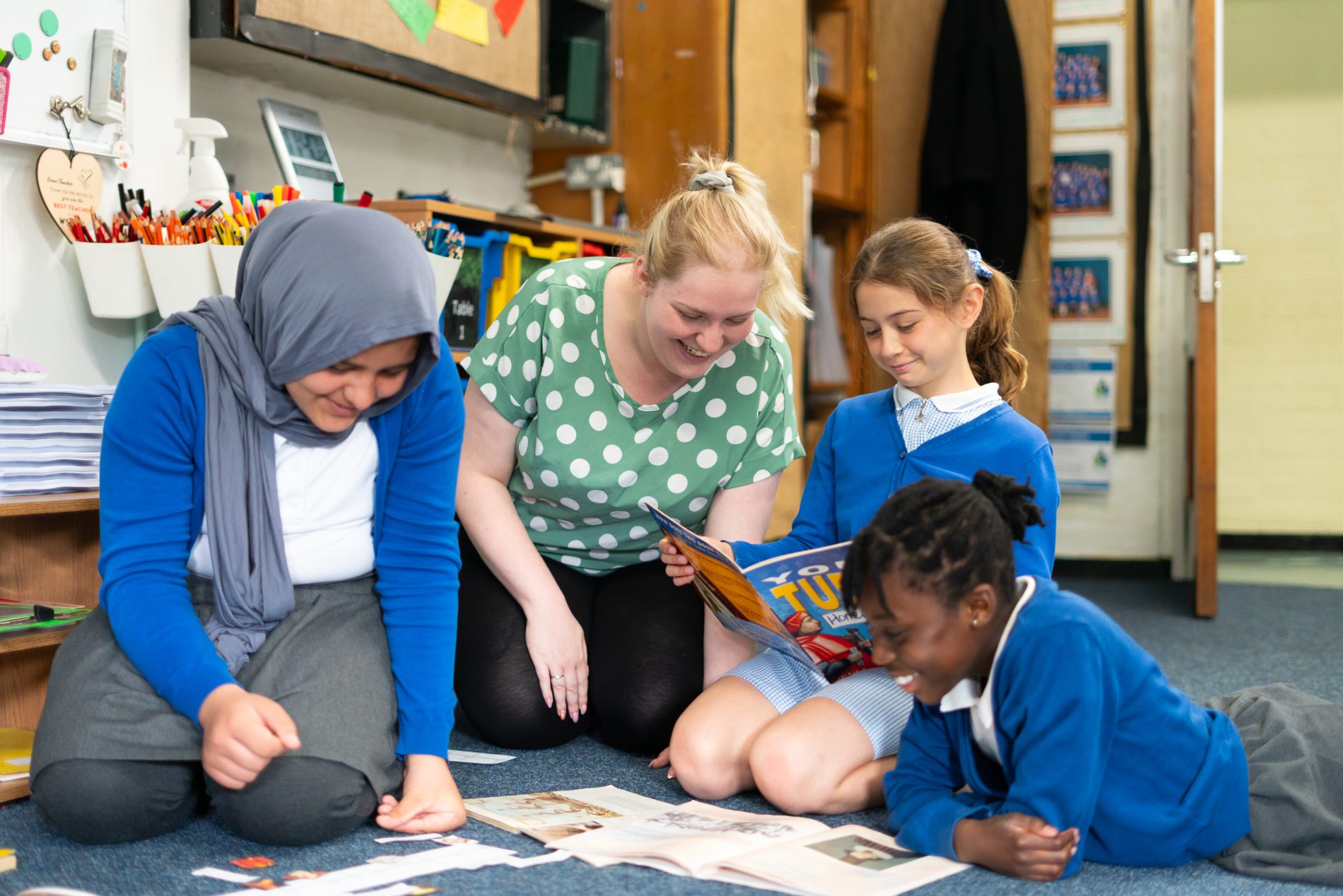
History Progression
At Horton Kirby, we develop our pupil’s History understanding through essential skills; growing their depth of knowledge year on year. Through the use of ‘end of year expectations’, we are able to monitor their progress and allocate extra support and adaptations to the curriculum for pupils to maintain a strong Historical education.
SEND Information
SEND and disadvantaged children are given the required support within history lessons to access all national curriculum objectives.

